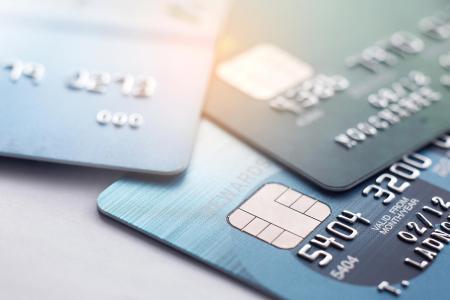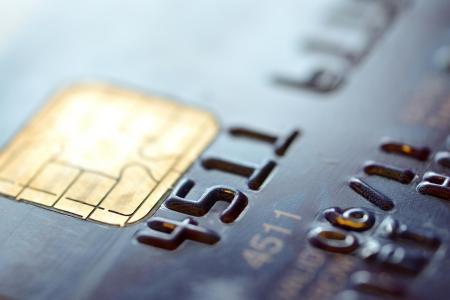
Bloomberg: Banks v. Retailers, Again
“We’re not giving up,” said Doug Kantor, an executive committee member of the Merchants Payments Coalition, whose members include the National Restaurant Association, the National Retail Federation and the National Grocers Association. “If we don’t get a vote here, there will be other opportunities we will pursue.”
READ MORE +
American Prospect: Crypto Thought They Bought Congress. They Bought a Headache.
Banks and credit unions are working against the amendment with their partners at the credit card firms, even getting Vice President JD Vance to support a “clean” GENIUS Act. Visa and Mastercard also have the support of the airlines, which over the years have become flying banks with branded credit cards. The Merchant Payments Coalition, on the other side, has worked for years to deal with “hidden credit card fees” that are affecting their members.
READ MORE +
The West News: Credit Card Competition Act: A Closer Look at the Swipe-Fee Reform
Groups like the Merchants Payments Coalition say lower fees could translate to cheaper goods, or at least slower price increases.
READ MORE +
Digital Transactions: Battle Lines Harden Over a Proposed CCCA Amendment to the GENIUS Act
“Labor’s position is very clear here, some of the largest unions in the country support the CCCA,” says Doug Kantor, an executive committee member for the Merchants Payments Coalition and general counsel for the National Association of Convenience Stores. “While there are unions that do not support the amendment, they are tiny in comparison.”
READ MORE +
New York Times: How a crypto bill could clamp down on credit card fees
“There’s desperate need for a change,” Doug Kantor, an executive committee member of the Merchants Payments Coalition, told DealBook, “and the legislation itself is the lightest possible touch in terms of a change.”
READ MORE +
Punchbowl News: Lobbyists duel over swipe fee push
We spoke to two key lobbyists. Richard Hunt leads the bank- and payment-company backed Electronic Payments Coalition, and Doug Kantor is a member of the Merchants Payments Coalition. Both are projecting confidence. “We’re advocating for the Marshall-Durbin amendment all the ways we know how,” Kantor said. “We’ve had folks here every month since the beginning of the year, and we have folks here again this week too.” ... Kantor argued the CCCA would loosen the dominance of large credit card players. “You need the Credit Card Competition Act in order to clear the way for stablecoin to see its potential, because otherwise the big credit card companies will lock it, dominate it,” Kantor said. As for a vote: Both lobbies think they’ll win a vote on the CCCA if it comes to the floor. “We’ve had these conversations with every office multiple times, and we have a pretty good feel for where people are,” Kantor said.
READ MORE +
MarketWatch: Battle over credit-card swipe fees hits Congress again. What you need to know.
The Merchants Payments Coalition, a lobbying group for retailers and other companies that support the credit-card legislation, said in a recent statement that it’s “time for Congress to deal with the hidden credit-card fees driving up the prices of nearly everything we buy.”
READ MORE +
New York Times: Gen Z Doesn’t Want to Start a Bar Tab
“During and after the pandemic, more people started using cards,” said Doug Kantor, an executive committee member of the Merchants Payments Coalition, a retailers group. ... Credit card fees, which soared 80 percent from 2020 to 2024, according to Mr. Kantor of the Merchants Payments Coalition, are one of the highest operating costs for bars and restaurants besides labor and rent.
READ MORE +
Payments Journal: Credit Card Legislation May Be Amended to Stablecoin Bill
The act has gained support from retail organizations like the Merchant Payments Coalition and the National Retail Federation, but faces significant opposition from financial institutions and the credit card industry.
READ MORE +
Digital Transactions: How CCCA Sponsors See an Opportunity to Advance the Bill
Attaching the CCCA to the Genius Act also made sense because few standalone bills get passed in the Senate. “Amendments are the way the Senate legislates,” says Doug Kantor, an executive committee member for the Merchants Payments Coalition and general counsel for the National Association of Convenience Stores. “The opportunity to attach to the GENIUS Act came up before the CCCA could be reintroduced in this Congress.”
READ MORE +